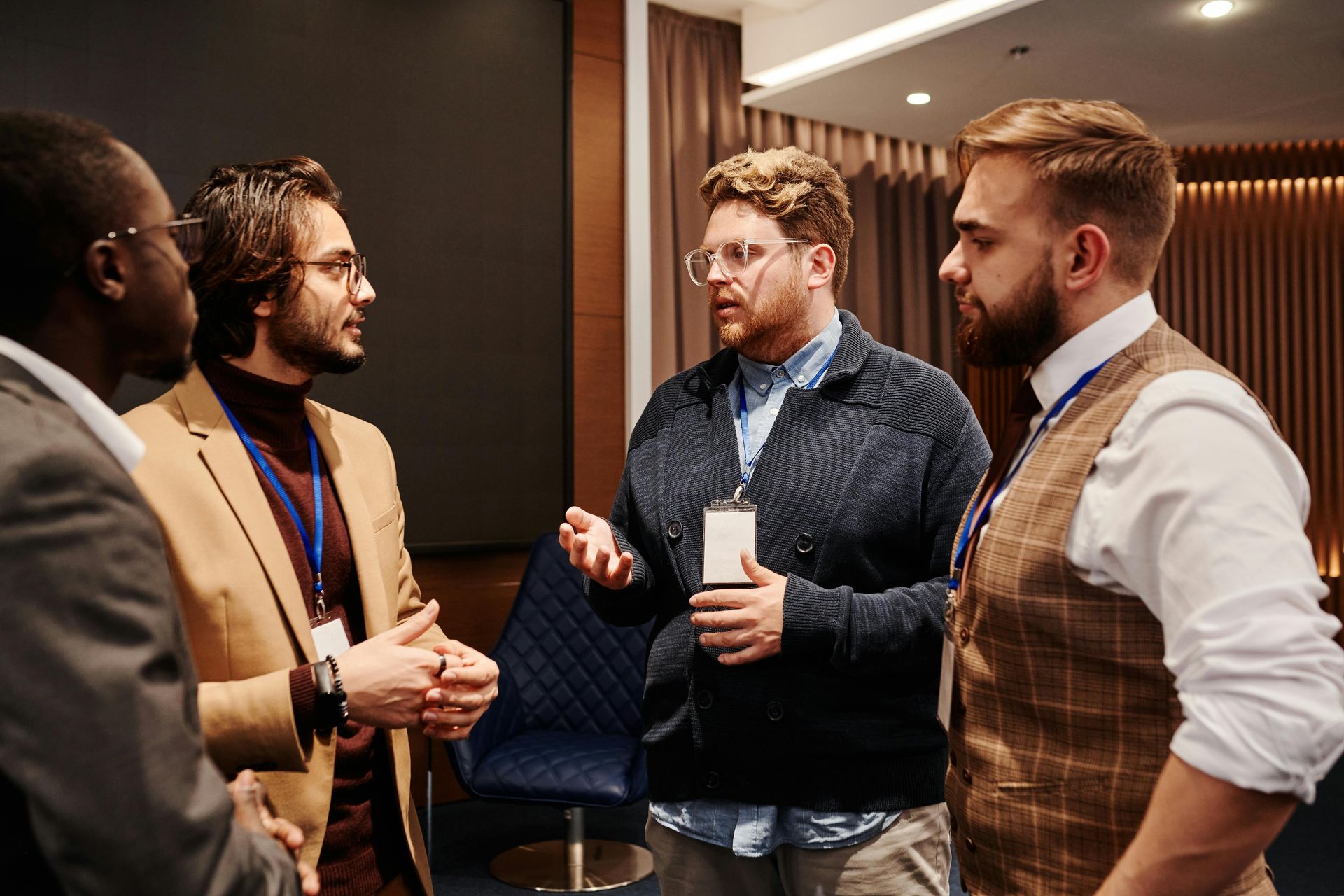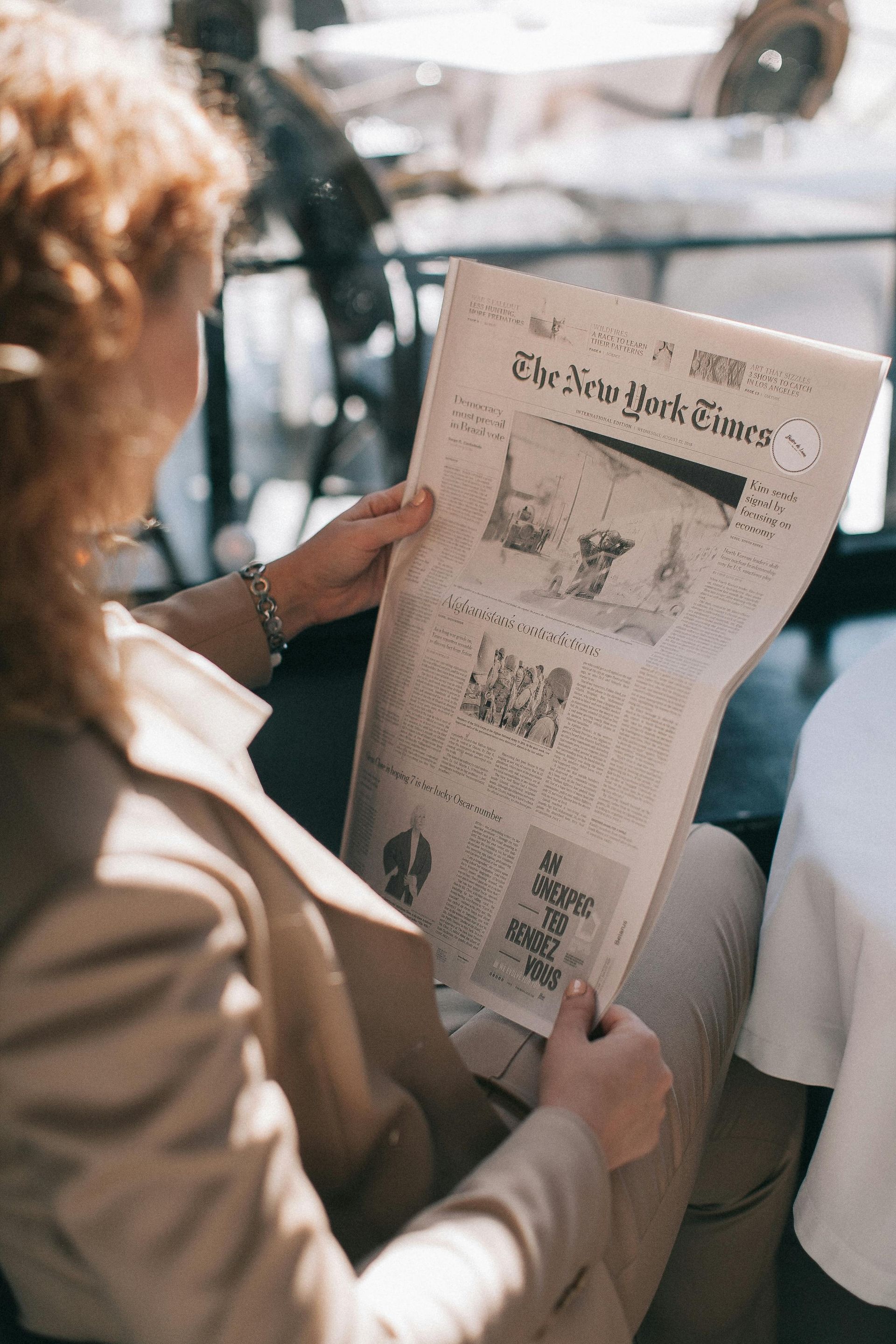Farewell to Academe
By Eliot Cohen
The Atlantic
July 3, 2024
After 42 years of academic life—not counting five years spent getting a Ph.D.—I am hanging it up. A while back, I concluded that the conversation that I would most dread overhearing would be an alumna saying to a current student, “I know, I know, but you should have seen the old man in his prime.” I believe I dodged that one.
My more than four decades, interrupted by stints of public service in the Defense and State Departments, were spent at just three academic institutions. Harvard formed and launched me; the Naval War College exposed me to America’s senior officer corps and its leadership culture; and Johns Hopkins, where I spent 34 years, gave me the opportunity to teach wonderful students, build a department, and become a dean. In all three places, I was given extraordinary freedom to think, write, speak, and serve my country, alongside remarkable colleagues, superiors, and, above all, students.
And yet I leave elite academe with doubts and foreboding that I would not have anticipated when I completed my formal education in 1982. Watching the travails of Harvard—where I received my degrees and served as an assistant professor and assistant dean—has been particularly painful. Its annus horribilis did not even end with commencement, because Harvard’s dean of social science recently decided that he should publish an inane and dangerous article calling for the punishment of faculty who “excoriate University leadership, faculty, staff, or students with the intent to arouse external intervention into University business.”
Inane, because how does one define excoriate, and how does one prove intent? Dangerous, because this is an open door to the suppression of freedom of speech, plain and simple, let alone academic freedom. And the article was also both arrogant and politically obtuse, because after the abuse Harvard has rightly taken this year from outraged alumni, students, donors, and faculty, not to mention journalists and members of Congress, it most definitely did not need a dean musing publicly about how best to suppress faculty impertinence.
But Dean Lawrence Bobo’s call for the punishment of disaffected speech is symptomatic of deeper diseases in our elite universities. Job candidates being required to pledge fealty to progressive views on diversity, equity, and inclusion initiatives are but one manifestation of a university culture that is often intolerant of free speech, unwilling or unable to protect unpopular minorities, and uninterested in viewpoint diversity. As a politically conservative young professor, I was in a minority—but a large one. More important, I never felt that my views would be held against me by my colleagues. Now I would not be so sure. Inevitably, and justly, the public immunities, including tax exemptions, on which universities have thrived are endangered by the arrogance with which they respond to criticism, and their failure to live up to their own stated principles.
According to a recent study, the problem is worst with young faculty: “Among liberal faculty 35 and under, only 23% indicated that shouting down a speaker is never acceptable, 43% said the same for blocking entry, and 64% for using violence to stop a campus speech.” Put differently, in at least some instances, 36 percent approve using violence, 57 percent approve blocking entry, and 77 percent think it’s okay to shout down some speakers. This is a part of academe’s present; what is scary is that it may portend academe’s future. At least half of faculty identify as liberal or progressive, with minorities as small as a quarter or even only a tenth identifying as conservative.
My journey through academe coincided with many changes—the staggering growth in the wealth of top-tier institutions, which now sit on endowments in the billions or tens of billions; a large and still somewhat obscure influx of foreign money; the relentless drive to treat academic disciplines as professions; hiring systems driven by quantitative scoring of publications; a reduction in teaching loads for top faculty; the shrinkage of humanities and some social-science concentrations; and an explosion of administrative staff at all levels.
To be sure, there are many positive things in today’s academe: magnificent infrastructure, thriving science and technology departments that in turn drive American economic innovation, online instruction that extends the reach of education to those who cannot or choose not to partake of more conventional full-time schooling, and institutions willing to break with past models, Arizona State University being the largest but hardly the only example. The humanities and some of the social sciences are in a different place, however, and valuable academic ways have been lost.
In 1990, when I came to my quirky division of Johns Hopkins University, the School of Advanced International Studies, our buildings (like those of Harvard in my student days) were worn and dingy, and we made decisions about hiring new faculty without the benefit of the H or i-10 citation indexes. Rather, as a senior colleague once growled at a meeting, “We read their damned books and articles. All of them. And then we make up our minds.” A four-course load for tenured full professors was standard, with a grudging reduction to three for really unusual administrative loads. Some of the faculty revolted when we learned that the school had the same number of administrators as faculty (as compared with three or four times as many in most universities today). Teaching, particularly of the introductory courses, was understood to be a responsibility of the senior faculty, who in ways by turns constructive and obstreperous felt an ownership of the institution and a lifelong commitment to it.
It is different now. Universities rely on adjunct faculty, and faculty seem to me less likely to feel like citizens and more like privileged employees. Change is inevitable, no doubt. New methods of research complement—to my mind, they do not replace—the old; some topics require collective work as opposed to individual diligence. Technology opens up new ways to mine, sort, and correlate data. And better by far to have air-conditioning that works. But something has been lost.
It may be an aging professor’s nostalgia to insist that in the old days, learned giants walked the Earth. But when I think of the men and women who taught me, I cannot help but think that they were a deeper and often wiser group than the norm today. One way or another, as children or adults, as native-born Americans or immigrants from ravaged lands, they had been touched by World War II. They were broadly read and multilingual, and they did not obsess about “the profession” of political science. They were hardly a humble lot, but by and large they knew how to say “I’ve changed my mind” or even “I was wrong about that.”
When Harvard Dean Henry Rosovsky asked my mentors Samuel P. Huntington or James Q. Wilson or Judith Shklar to do something for the good of the university, the answer was an unhesitating yes. When I became the dean of my division of Johns Hopkins, I was at first shocked and then resigned when the answer to a similar request was more often “Well, what will you give me in return?” or simply “No.” When the designers of the magnificent new Washington, D.C., Bloomberg Center of Hopkins asked a group of us what would define failure for the spectacular new building, my answer was, “If it turns into WeWork for academics.” I pray it avoids that fate.
The old ways were going to change, particularly as new faculty replaced the World War II generation. But I had the benefit of having had as role models the last of a generation of scholars and teachers who had lived experience of that furnace. I further had the good fortune to engage early on with America’s senior military officers, and quickly discovered that I enjoyed and learned more from my time with them than at the American Political Science Association conventions. To this day I find their company more interesting than that of many professors, learning from and being inspired by their life knowledge, character, and wisdom.
There are many thousands of dedicated and capable teachers and scholars out there, no doubt. But I wonder whether in academe overall, the single-minded and inflexible commitment to the value embodied in the mottoes of my two universities—“Truth” and “The truth will make you free”—still stands. The replication crisis, first detected in the discipline of academic psychology, makes one wonder. I suspect, however, that that value will flourish, together with broad intellectual culture and a genuine breadth of perspectives, but in different institutions than in the past, and I look forward to that.
Mine is, no doubt, a romanticized and possibly even a naive view of the university and its ideals. Its role as the repository and embodiment of high culture, civilized values, liberal education, and deep learning has been largely replaced by something more mechanical—the university as knowledge-producing factory and credential-providing mill. The old vision received fatal blows during the chaos of the 1960s, and succumbed to many forces—societal upheaval, the dramatic advances in science and technology, and the explosion of government funding among them.
Still, I hope that at least one ideal will remain. When the American psychologist and philosopher with the soul of a novelist, William James, received an honorary degree from Harvard, where he had already taught for years, he said:
The true Church was always the invisible Church. The true Harvard is the invisible Harvard in the souls of her more truth-seeking and intelligent and often very solitary sons. The university most worthy of imitation is that one in which your lonely thinker can feel himself least lonely, most positively furthered, and most rightly fed.
As I leave the academic world, I feel grateful to have been a member—now an emeritus member—of that Church, and to have welcomed others to it. I hope that somehow it will continue to exist, including in new sanctuaries, and that truth seekers everywhere can, with effort, join it and thrive within its cloisters as I did.
Eliot Cohen is a contributing writer at The Atlantic. He is the Arleigh Burke Chair in Strategy at the Center for Strategic and International Studies, a professor emeritus at Johns Hopkins University, and the author of The Hollow Crown: Shakespeare on How Leaders Rise, Rule, and Fall.



